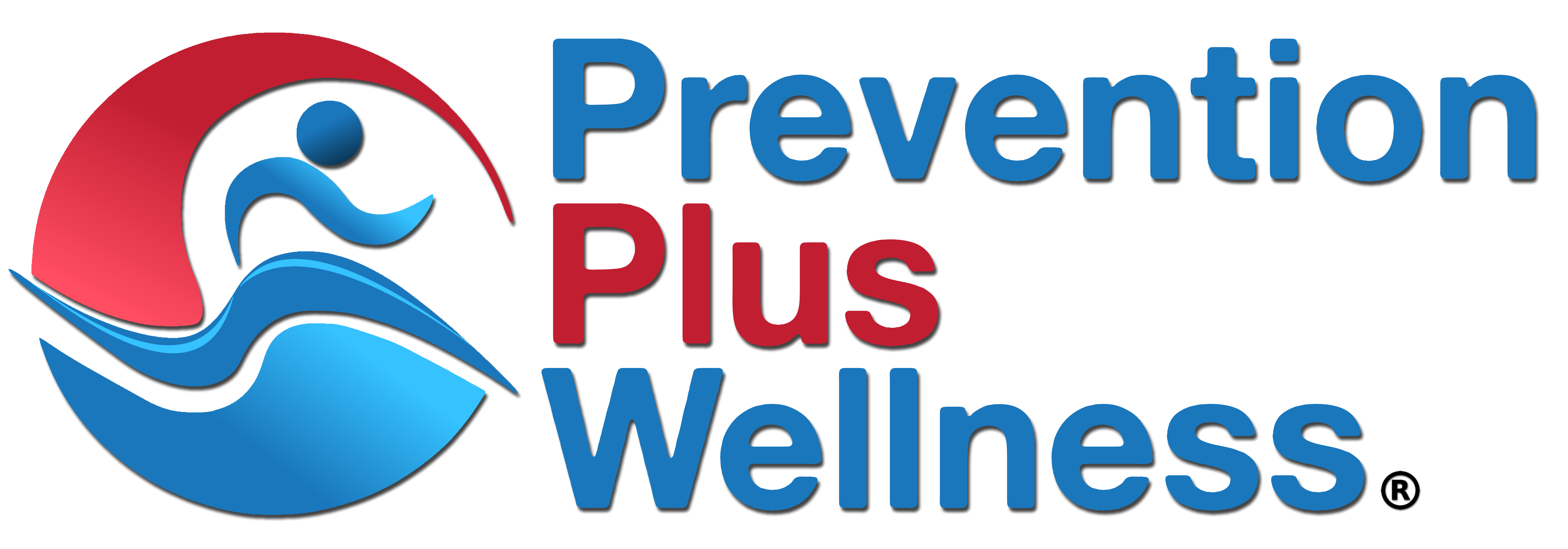What is Delta-8 THC?
Delta-8 THC (or Delta-8-tetrahydrocannabinol) is a naturally occurring chemical compound called a cannabinoid that’s found in small traces in hemp and cannabis (marijuana) plants. Its popularity is on the rise, and you can find it everywhere from boutique weed dispensaries to convenience store shelves.
How Does It Compare to Regular Marijuana (Delta-9-THC)?
Why is there such a growing demand for Delta-8? For starters, its chemical structure is similar to that of its well-known cousin, Delta-9-tetrahydrocannabinol (Delta-9-THC), the main psychoactive compound found in marijuana. That’s what gets you “high.”
Both Delta-8 and Delta-9 are forms of THC. But when people refer to THC, they usually mean the Delta-9 that’s found in high concentrations in marijuana. Both produce a euphoric, fuzzy feeling, but Delta-8 causes a milder high.
In fact, Delta-8 is often referred to as “marijuana-lite” or “diet weed.” Other common THC side effects like paranoia, anxiety, and drowsiness are also less potent.
Is Delta-8 Legal?
Another reason for Delta-8’s growing popularity is that, unlike heavily regulated THC, Delta-8 is legal to use in most states. That’s because it’s extracted mostly from hemp-derived CBD, which is legal to farm across the U.S.
But Delta-8 sits in a legal gray area. Hemp’s legality stems from the so-called federal farm bill (the Agriculture and Nutrition Improvement Act of 2018), which removed hemp and its byproducts from the list of controlled substances. The reason: Hemp’s low THC levels (less than 0.3%). The bill doesn’t mention Delta-8 anywhere. Hemp advocates and others who sell it have used this loophole to legally market Delta-8 products, usually with no age restrictions. As a result, it’s now the fastest growing product from the hemp industry.
Because there’s little oversight or lab testing on what goes into Delta-8 products, chemists and other scientists have safety concerns. Products labeled as Delta-8 may contain impurities, including high levels of THC. As a result, around a dozen states, including New York and Colorado, are beginning to restrict or ban the use of Delta-8.
Where Do You See It?
Delta-8 products are found over the counter at gas stations, convenience stores, weed and vape shops, and online. They’re sold as gummies, candies, vaping pens, oils, tinctures, edibles, joints, or beverages.
It’s important to note that there’s no quality control for these products and its ingredient list. It’s also easy to confuse Delta-8 products for CBD, which doesn’t cause a high.
Is It Safe?
There’s also a lack of research and evidence when it comes to Delta-8’s impact on your overall health. Many people have reported -- mostly via social media posts -- that they use Delta-8 along with their prescription medications to help with depression and substance use.
However, experts say these benefits are mostly word of mouth and there’s a lack of research on how it affects your health. Just because you can buy it off the shelves doesn’t mean it’s completely risk-free.
Some people have reported side effects like:
- Confusion
- Anxiety
- Drowsiness
- Slow heart rate (bradycardia)
- Numbness
- Fast heart rate (tachycardia)
- Low blood pressure (hypotension)
If you try Delta-8 products and notice any of these reactions, tell your doctor immediately. If it’s an emergency, call 911 or head to a hospital near you. If a child eats or is exposed to Delta-8 products, like gummies or candies, get immediate medical care.
Has the FDA Approved the Use of Delta-8?
The FDA is aware of the growing concerns surrounding delta-8 THC products currently being sold online and in stores. These products have not been evaluated or approved by the FDA for safe use in any context.
Some concerns include variability in product formulations and product labeling, other cannabinoid and terpene content, and variable delta-8 THC concentrations. Additionally, some of these products may be labeled simply as “hemp products,” which may mislead consumers who associate “hemp” with “non-psychoactive.”
Furthermore, the FDA is concerned by the proliferation of products that contain delta-8 THC and are marketed for therapeutic or medical uses, although they have not been approved by the FDA. Selling unapproved products with unsubstantiated therapeutic claims is not only a violation of federal law, but also can put consumers at risk, as these products have not been proven to be safe or effective.
This deceptive marketing of unproven treatments raises significant public health concerns because patients and other consumers may use them instead of approved therapies to treat serious and even fatal diseases.
Sources: https://www.webmd.com/mental-health/addiction/what-is-delta-8#091e9c5e821e3127-1-2
Compiled by: Prevention Plus Wellness, LLC

